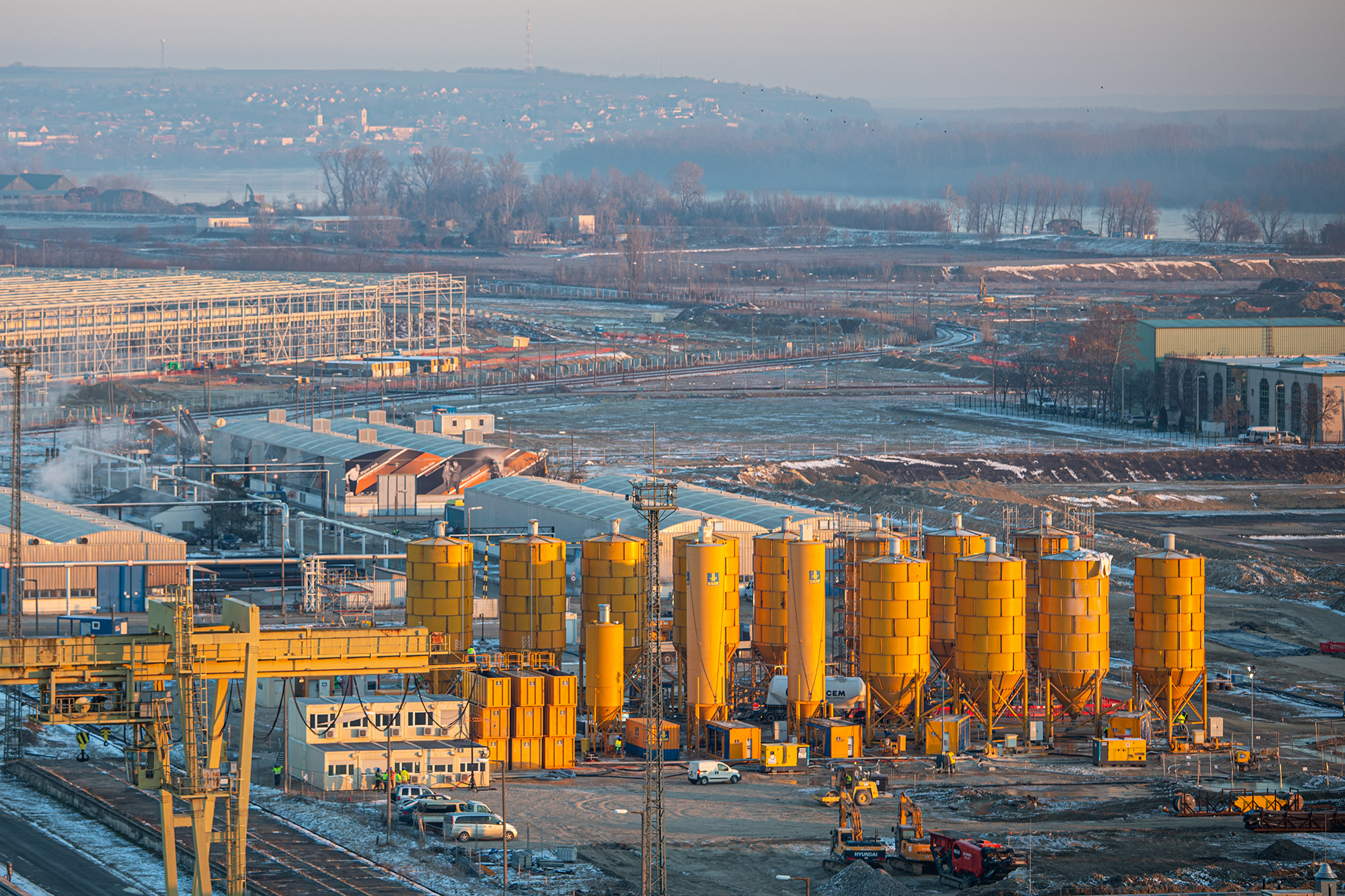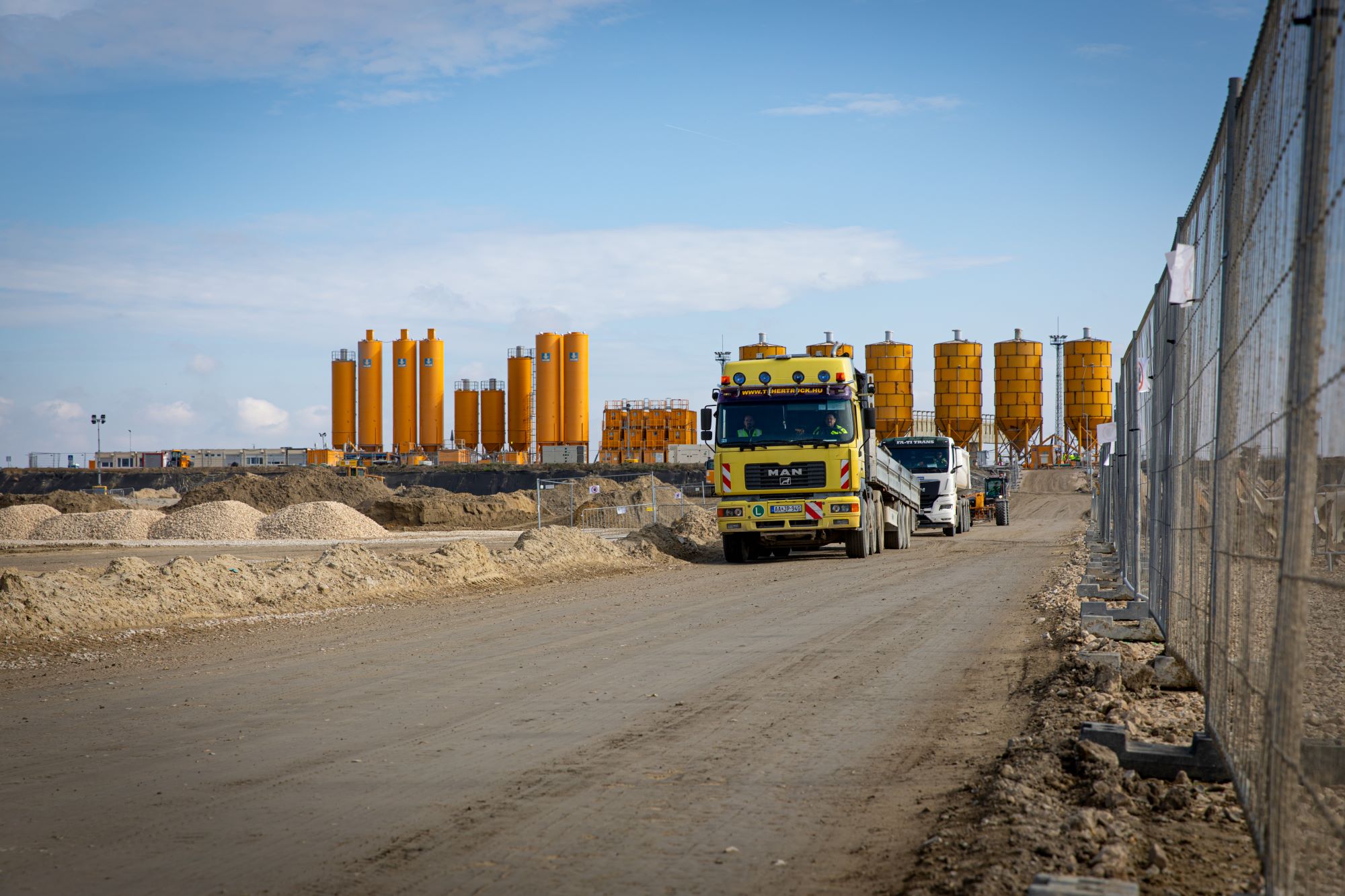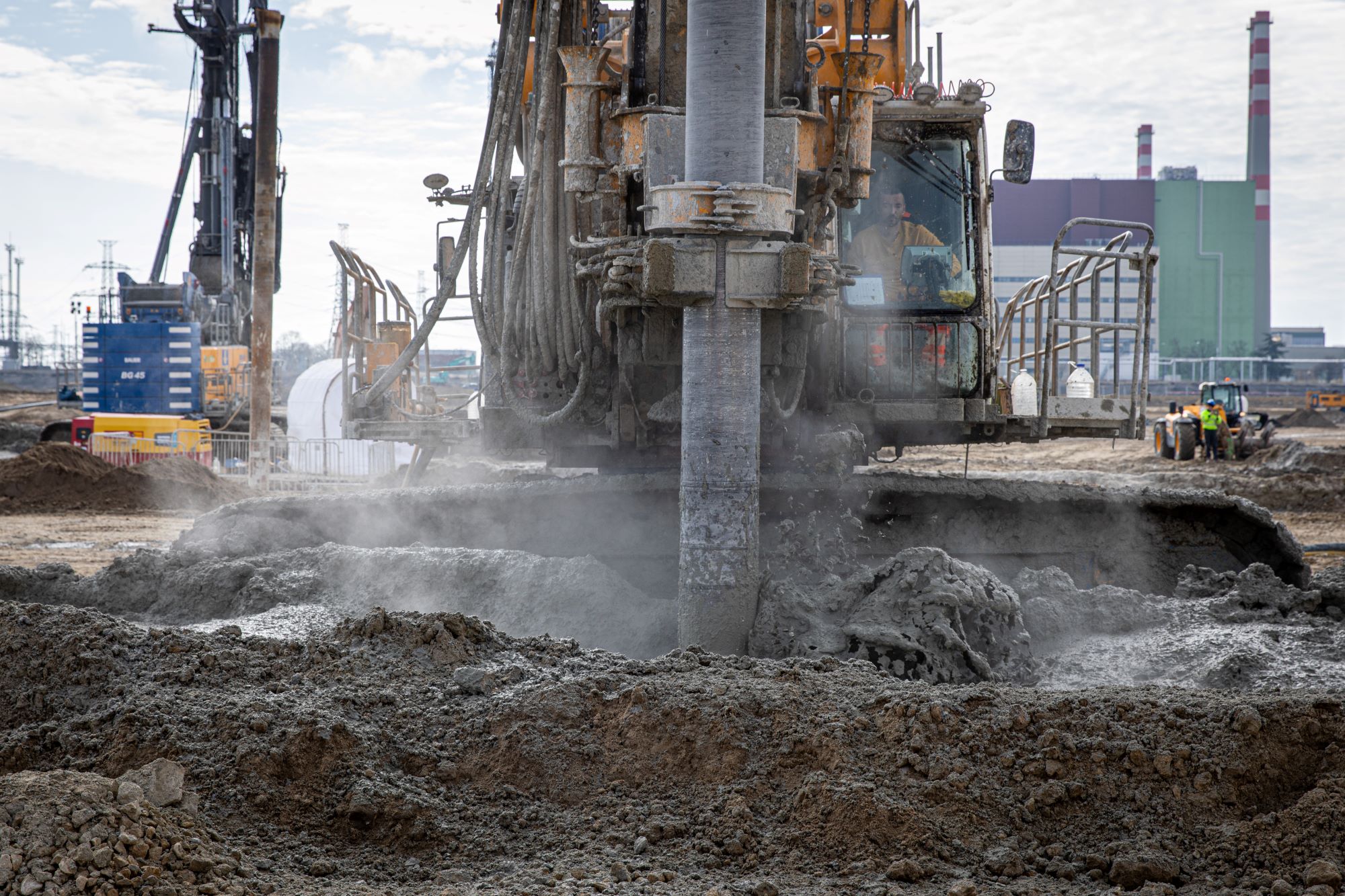
The project entered the construction phase last year and is on track.Continue reading

The works on the Paks nuclear power plant expansion are progressing well, and the first foundation is expected to be laid by the end of the year. In the meantime, the production of the zone melt trap and the reactor vessel, the first of which is now complete and the second soon to be launched, is an equally important milestone, Minister of Foreign Affairs and Trade Péter Szijjártó announced in Budapest.
The Minister noted at a joint press conference with Alexey Likhachev, head of the Russian nuclear energy company Rosatom, that the current schedule would allow the “first concrete,” which is a very important milestone, to be laid by the end of this year, but that the production of the two large nuclear devices, the so-called zone melting trap and the reactor vessel, is equally critical. In this context, he welcomed the fact that the former has been completed in Russia and could be delivered in the autumn, which will be no small operation, as it weighs more than 700 tons, the equivalent of about fifteen Airbus A320 passenger planes.
The other critical, long production tool is the reactor vessel itself, production of which will start in April,
Péter Szijjártó stressed. “Hence, for the two critical assets, one is ready and the production of the other one is about to start,” he added.
Mr. Szijjártó also pointed out that soil consolidation works are currently being carried out on an area of 17 hectares, requiring the drilling of 75,000 piles, of which 8,000 have already been drilled. He stressed that this work is being carried out by a German company and should be completed by the summer of next year.
I would like to inform you that work on the Paks project is progressing well and steadily, and we can continue to meet our plan to connect the two new units to the grid by the beginning of the next decade,”
the Minister highlighted.
Szijjártó then emphasized that the recent crises in Europe and globally have demonstrated that countries that can meet their energy needs are those that are secure. “Therefore, in order to increase Hungary’s energy security, we also need to increase our own energy production capacity,” he noted.
He pointed out that due to Hungary’s geographical and natural conditions, this is possible primarily through the development of nuclear power generation capacity, and the Paks expansion will provide a significant part of the electricity needed to run the country in a cheap, safe, and sustainable way.

Photo via Facebook/Paks II. Atomerőmű Zrt.
The Paks expansion is a truly international project, with German, French, Austrian, Swedish, and American players in the subcontracting chain alongside the Russian prime contractor, the politician concluded.
Via MTI; Featured image via Facebook/Paks II. Atomerőmű Zrt.